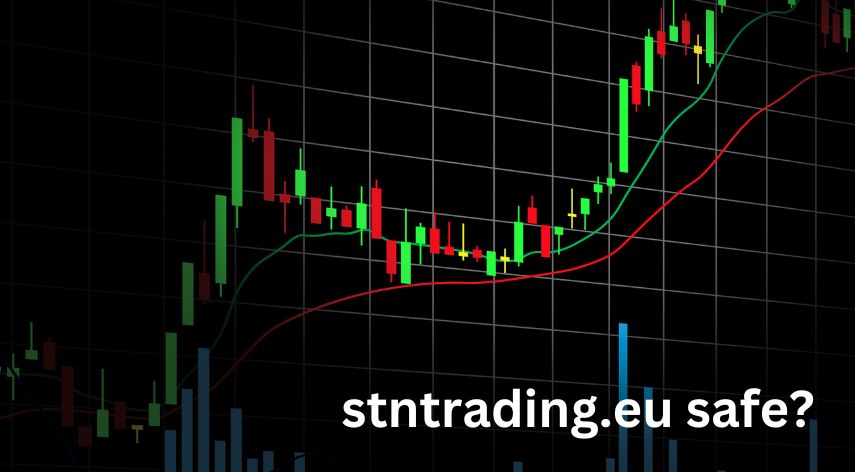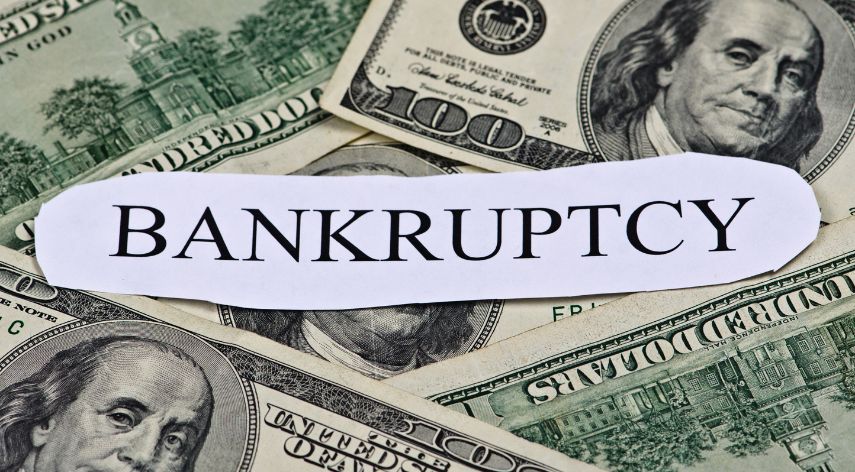What are the tools you need to manage your finances?
Are you sure you are using the right tools to manage your finances?
If your answer is no, you probably already know that something is wrong with your finances.
Do not wait, run for cover immediately and modify it.
It is never too late to introduce the right tools into your financial management.
But I recommend you do it otherwise you risk not having what you need to achieve your goals.
Sometimes it is not a question of making radical changes, but simply of changing something.
For example, I radically improved the management of my finances when I introduced the habit of updating a prospectus of my assets.
It gives me the energy to understand how my finances evolve every month and above all it allows me to set goals.
But not only that, but it also helps me understand how to possibly rebalance my investments.
But let’s go in order and see what are the main tools I use and which I recommend.
In this article
- # 1 – Current account
- How many accounts?
- # 2 – Deposit account
- # 3 – Financial advisory or asset management service
- # 4 – Financial diary
- # 5 – Monthly budget
- # 6 – Piggybank
- # 7 – Other tools for managing personal finances
- Credit card
- Personal finance app
- Paypal
- Conclusions
Table of Contents
Toggle# 1 – Current account
Let’s start with a classic tool for managing your finances.
The current account is certainly useful and I would say (almost) essential for managing payments, income, and investments.
Depending on your needs you can use a very basic account, for example, N26 which has only the main functions but is very efficient, or opt for a complete account.
They are reasonably priced, but excellent service.
How many accounts?
I have two accounts.
One personal, the other shared with my partner for family expenses.
I think it’s the upper limit.
As the accounts increase, management complexity increases, and expenses rise.
That’s why I recently closed an additional account which only created confusion in managing my accounts and involved additional costs.
# 2 – Deposit account
A deposit account is no longer a fashion tool like a decade ago in which it was advertised for the excellent returns it offered.
But it is always useful for managing your savings.
I feel I can recommend him to set up and keep an emergency fund.
I also see it as an alternative to the classic piggy bank number.
It can therefore be useful when you want to save and want to keep the money saved separate from the money you use for daily management.
Again, I recommend that you limit yourself to just one account.
# 3 – Financial advisory or asset management service
If you do not have great financial skills or in any case you do not want to manage your money directly, you can use a third-party service.
It means you can pay a financial advisor to help you build a balanced portfolio in line with your expectations.
Attention is not a question of going to the bank or the post office and contacting a financial promoter.
The financial promoters are in fact sellers of the products of the institution they represent and are remunerated thanks to the sale of the instrument itself.
Consultants, on the other hand, work for you and have to be paid for by you.
If you have no money and you are just starting, a good alternative to such services are companies that offer wealth management services through investing in ETFs.
I must say that I have only tried Moneyfarm and I am very happy with it.
It has helped me a lot to automate my investment choices and to stay calm because I know that my money is entrusted to professionals.
This service has a cost.
In my case, it is equal to 1% per year of the amount invested.
# 4 – Financial diary
The financial diary is one of the most useful tools for understanding how our finances are doing.
It involves writing at regular intervals (every day, every week, or every month) a summary of what happened and your goals.
I think it’s the best way to understand how our accounts are set up and how they change over time.
It is the tool that allowed me to understand how to improve my approach to money.
I recommend it.
# 5 – Monthly budget
At this time in my life, I don’t write down my expenses.
I have achieved a good balance in the management of income and expenses and I can do without it.
In the past, I have used mobile apps, the Kakebo, and also an excel file I created.
I must say that they are all useful tools to understand how you spend your money and how to save.
But remember that it is an important expense that you need to reduce if you want to notice a difference.
Better to reduce the mortgage payment, rather than eliminate coffee at the bar.
It is also easier, however.
That’s why, if you don’t manage to write down all the expenses, you can also write down only the expenses above 10 Euros.
In any case, examining your expenses is a very useful exercise in improving and increasing your savings rate.
Because, as the savings table shows, even one euro saved every day can make a difference.
# 6 – Piggybank
For small savings, a piggy bank is one of the best ways to manage your savings.
It helps to save small bucks and create a habit of setting aside something every day.
That’s why I always recommend the old piggy bank for those who struggle to save.
It is a great starting point and allows for really encouraging results.
It is also very useful if you have a family and want to teach children the value of saving.
# 7 – Other tools for managing personal finances
There are several useful but not essential tools for managing personal finances.
Credit card
The first of all is the credit card.
For example, I rarely use it.
The credit card allows you to defer the actual payment of the amount spent to the following month.
The result is often that you lose control of your accounts.
That is why if you are in this situation too, maybe you could eliminate it or just not carry it with you for some time.
Personal finance app
Among the apps that are enjoying some success, I use Gimme5 an asset management service that allows you to invest from 5 euros.
However, there are an infinite series of services that you can download on the various stores on your mobile phone and use.
Paypal
Being so popular for online payments, Paypal is almost indispensable if you do a lot of online purchases.
I use it mainly for matched betting and I find it extremely convenient to avoid having to enter my credit card details every time.
It is certainly a useful service, but obviously, it involves an additional complication in personal financial management.
Conclusions
Writing this article I realized how the management of our finances is often confusing and full of services that we rarely use.
A disproportionate number of current accounts, a plurality of cards, apps downloaded to your mobile …
You should apply some Financial Minimalism and tidy up your toolbox now and then.
You should only keep those tools that you need and throw away the ones you don’t use or don’t know how to use.
We are not all the same, but in general, if you want to improve the management of your money I recommend that you simplify, close a few accounts, and keep only a small number of tools that work for you.
Simple management will certainly be cheaper and easier to control in the future.
Alfred Williams, a distinguished business writer, navigates the corporate landscape with finesse. His articles offer invaluable insights into the dynamic world of business. Alfred's expertise shines, providing readers with a trustworthy guide through the complexities of modern commerce.
Recommended For You
Spread the loveIn the ever-expanding digital landscape, online trading platforms have become a staple for savvy consumers looking to explore
Spread the loveHave you heard about fiat-to-crypto exchange? One area that continually captures the attention of both seasoned investors and
Spread the loveMuch like any skill you master, financial stability sometimes requires a bit of practice. In the world of





